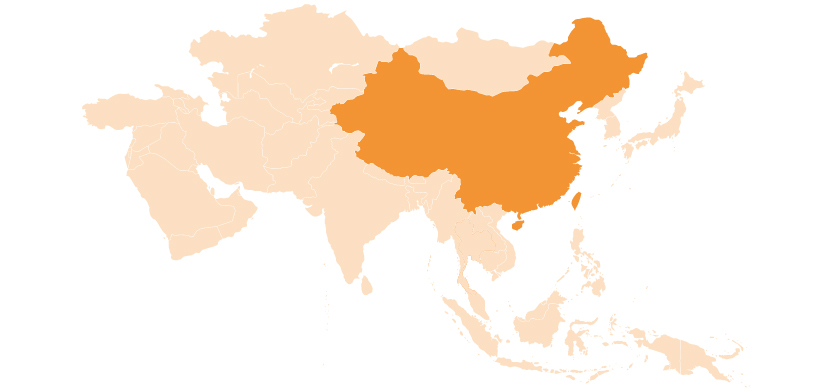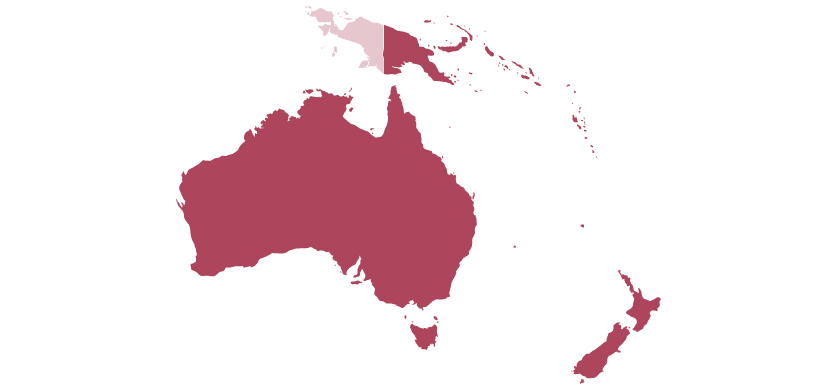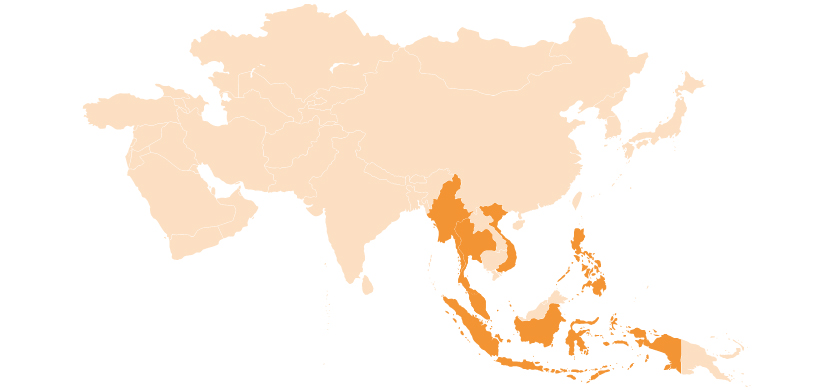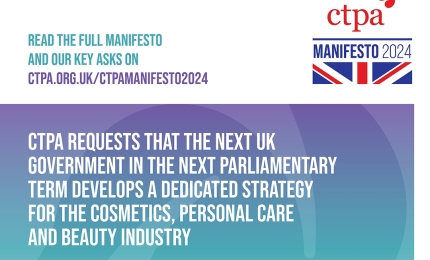Find us on...
Now that Brexit has hit home, and with the world emerging from lockdown hibernation, like every UK industry, the cosmetic and toiletry community is looking around, ahead and over borders to consider what this brave new post-Brexit world might mean for business.
But while Brexit is certainly bringing changes for companies to contend with, it is far from the only international landmark to navigate, as evidenced by industry experts from all over the globe at CTPA’s International Seminar 2021 last week.
 More than 70 member companies of all shapes and sizes convened (virtually) to hear technical and regulatory insights from international policymakers and industry experts. While colleagues from sister trade bodies in other key global markets shared first-hand expertise and views. Attendees were offered practical advice about expansion into new markets, as well as technical information on product labelling and registration.
More than 70 member companies of all shapes and sizes convened (virtually) to hear technical and regulatory insights from international policymakers and industry experts. While colleagues from sister trade bodies in other key global markets shared first-hand expertise and views. Attendees were offered practical advice about expansion into new markets, as well as technical information on product labelling and registration.
From speaker to speaker, the content was highly specialised and market-specific, as you might imagine. But a clear, recurring theme also ran throughout: all across the globe there are significant new regulatory changes now to navigate. But every one of these brings with it opportunities. If companies know where to look - and how to harness them.
 Take China as an example. It has introduced a new regulatory framework that takes the landmark, welcome step of no longer requiring animal testing on imported general cosmetics to prove their safety. The change also sees the authorities moving away from a system of pre-approval, where companies had to pre-register general cosmetics they wished to sell on the market in an often lengthy process, to a system of what is known as ‘in-market control’.
Take China as an example. It has introduced a new regulatory framework that takes the landmark, welcome step of no longer requiring animal testing on imported general cosmetics to prove their safety. The change also sees the authorities moving away from a system of pre-approval, where companies had to pre-register general cosmetics they wished to sell on the market in an often lengthy process, to a system of what is known as ‘in-market control’.
In-market control means that while the authorities in China want to know what’s on sale in the market, they will only take measures should safety issues arise. It puts the onus on companies to create safe products, manages risk more appropriately, and means the process to enter the Chinese market can be vastly sped up for new entrants.
Significant regulatory reforms have also taken place in India and Australia. India has undergone the most major reform of its regulatory framework since it was first introduced in the 1940s. The new world order creates new considerations for companies creating or trading there.
 Australia is still basing its new cosmetic and toiletry framework on its broader chemical legislation - Australia’s equivalent of REACH - which will likely continue to bring with it challenges. At the same time, the potential for a dedicated Cosmetics Chapter in a UK/Australia Free Trade Agreement could address some of these, and open the door to helpful collaboration between both countries. It’s a chance to do best by consumers on both sides of the globe.
Australia is still basing its new cosmetic and toiletry framework on its broader chemical legislation - Australia’s equivalent of REACH - which will likely continue to bring with it challenges. At the same time, the potential for a dedicated Cosmetics Chapter in a UK/Australia Free Trade Agreement could address some of these, and open the door to helpful collaboration between both countries. It’s a chance to do best by consumers on both sides of the globe.
 There are also regulatory moves afoot in the Association of Southeast Asian Nations - better known as the ASEAN region. Here, regulatory reforms called for by any one of its 11 member states have been known to catalyse change across the whole economic union - and beyond.
There are also regulatory moves afoot in the Association of Southeast Asian Nations - better known as the ASEAN region. Here, regulatory reforms called for by any one of its 11 member states have been known to catalyse change across the whole economic union - and beyond.
An ASEAN member state, Indonesia has put forward a proposal for mandatory Halal certification on all types of products. While the Philippines and Indonesia have both brought forward proposals for a law on refillables. Both changes could beckon in new challenges for cosmetic and toiletry companies; but would also offer the chance to deepen engagement with communities.
And of course there are changes and opportunities close to home too, as the UK considers how it will work within the global landscape. Free Trade Agreements offer opportunities to cut tariffs, which would be great news for companies. While the inclusion of dedicated Cosmetics Chapters within the Agreements - something CTPA is advocating for - offers the chance to make regulatory frameworks more compatible across regions. A clear mutual benefit for any two countries wishing to trade.
These are just a fraction of the updates and insights offered by our brilliant line-up of speakers at this year’s International Seminar. It was certainly the World Tour of ‘ones to watch’ and ‘what ifs..’ that it promised to be. I hope that, like myself, member companies left the virtual room feeling optimistic, and more confident about how to capitalise on the changes on the horizon.






